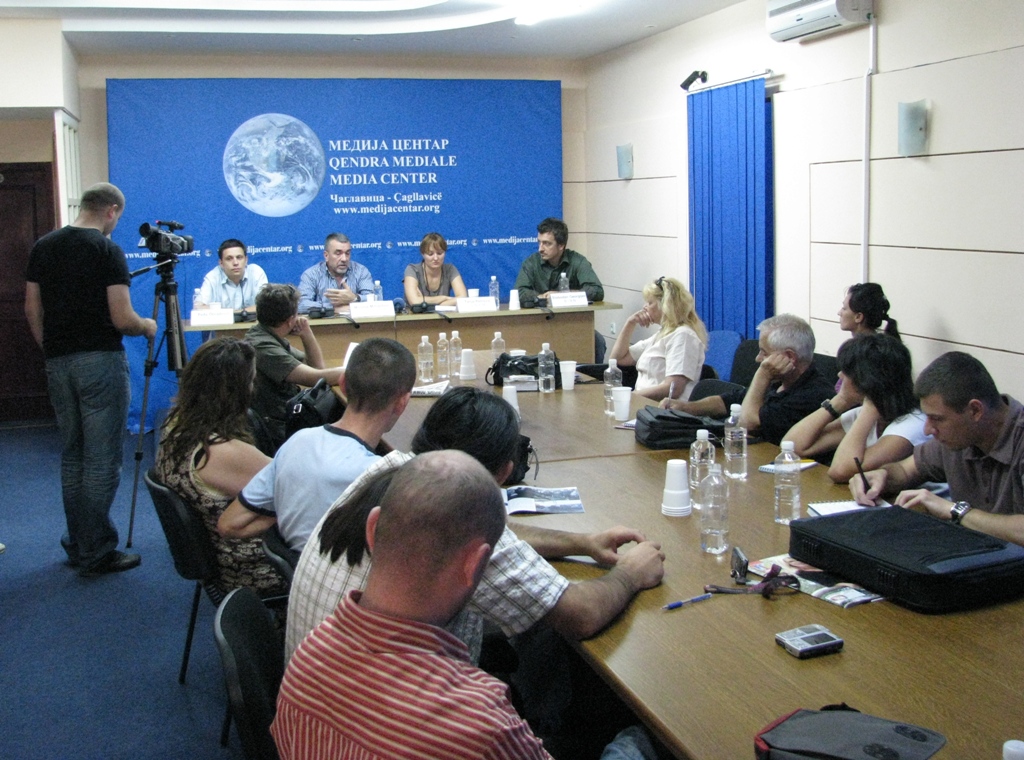This Thursday, BIRN’s Life in Kosovo current affairs debate show will evaluate the United Nations Mission in Kosovo, UNMIK’s performance in the post-war Kosovo’s justice system, nine years after it was set up.
The debate will also discuss the impact of the Hajra case, where an entire family was murdered in 2001. This case was closed last week.
Are UNMIK trials fair or were there compromises made when it was difficult to ensure sufficient witnesses and evidence? How do post-war societies deal with collaborators from previous regimes? Has Kosovo
been deprived of a process of lustration, similar to what other
post-communist eastern European countries went through?
To discuss these issues and more, BIRN has invited the following panelists:
Vahide Braha, lawyer;
Robert Dean, head of the Department of Justice;
Abdyl Mushkolaj, from the association of KLA veterans;
Skender Halilaj, former KLA member.
Life in Kosovo is a co-production between Kosovo Public Television,
RTK, and the Balkan Investigative Reporting Network, BIRN.
The show is broadcast every Thursday, starting from 20:15.
